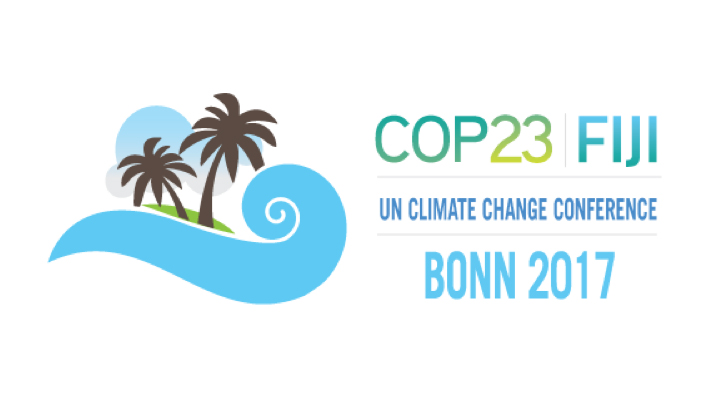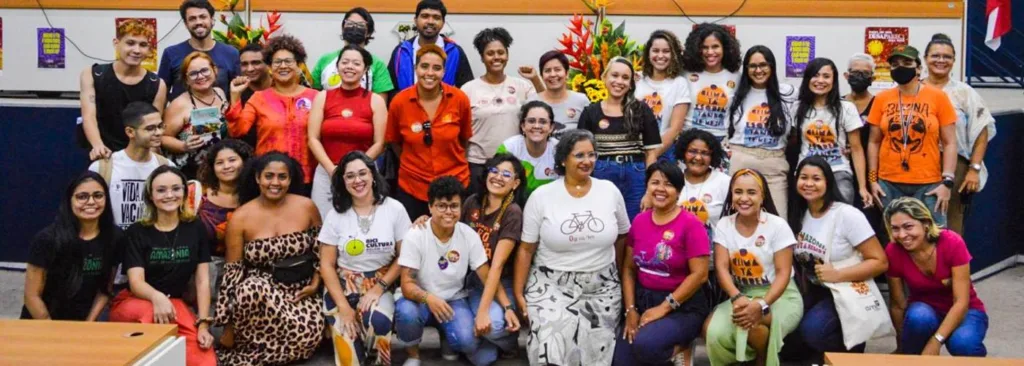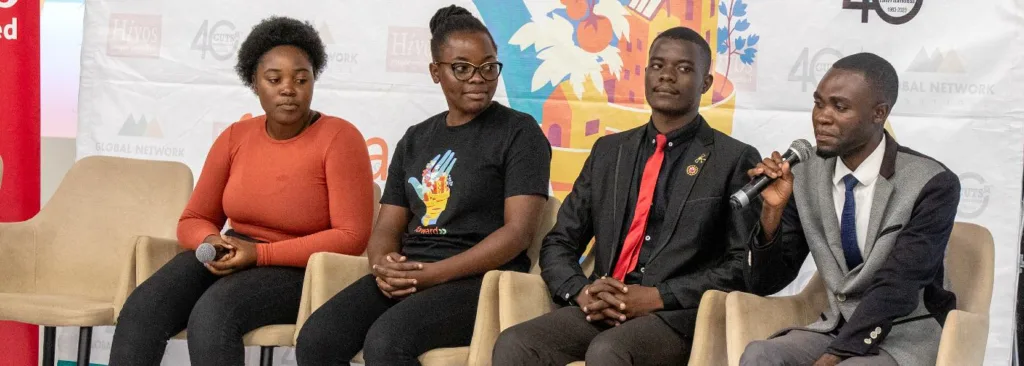Two years after the signing of the Paris Agreement, the 23rd Conference of the Parties (COP23) held from 6 to 17 November in Bonn, Germany, will focus on advancing the aims and ambitions set forth in Paris. It will draw attention to the progress in development of the Nationally Determined Contributions (NDC) of governments and the reviews of these plans in 2018. Furthermore, the feasibility of achieving both Climate and Sustainable Development Goals with these plans, including clean and affordable energy for all (SDG7), will be addressed.
Increasing climate finance for decentralised renewable energy
Hivos is positive about the number of governments (163) that submitted their NDC to the United Nations Framework Convention on Climate Change (UNFCCC). However, most plans are of poor quality and do not lead to the 2°C benchmark, let alone the ambition to hold global warming below 1.5°C within this century. They also do not have clear commitments and plans to invest in decentralised renewable energy as a climate and development solution. The recently launched Energy Access Outlook report of the International Energy Agency (IEA) and the World Bank’s mapping study of the funding landscape for energy access show that it would require more than twice the level of investments mobilised under current and planned policies to reach the goal of universal energy access by 2030. Furthermore, interviews Hivos recently conducted with experts reveal that although there is clear evidence that current approaches are failing, governments do not see the urgent need to change course.
Many obstacles must also be overcome to implement plans and achieve ambitions. Securing sufficient and sustainable investments, especially for developing countries, remains a huge challenge. Climate finance still needs to increase enormously, and the direction of expenditures must change to ensure financial flows benefit the most vulnerable.
In moving forward, civil society engagement in adapting and implementing the NDCs will be critical to realising commitments. This is why Hivos will focus its efforts this year on pushing for the uptake of clear goals and commitments on universal access to decentralised renewable energy. Also on our agenda is increasing transparency of climate finance flows and changing current structures to enable investments to benefit the poor.
Inclusion of women in strategies to tackle global climate change
Whether talking about reducing emissions and carbon-footprints, green energy solutions or access to sustainable and affordable access to energy for all, women should be central to the conversation. Supporting women as energy entrepreneurs and leaders in their communities will drive access to carbon-reducing solutions faster. Designing plans, programmes and projects taking into account the different impact they have on women and men will make investments more effective. However, specific reference to women is also lacking in current plans. This is why ENERGIA and partners continuously advocate for the inclusion of women in energy supply chains, policies and programmes at all levels. They will call on member states at the COP23 to recognise the vital roles women do and can play, commit to including gender in their action plans, and fund programmes that empower more women to be a part of the change we all need.
Hivos and ENERGIA at COP23
To this end, Hivos and ENERGIA are organising and participating in a number of side events in Bonn. Together with our partner organisations from Malawi, Zimbabwe, Tanzania and Kenya, we will actively seek entry points to influence the climate finance debate and highlight the need for decentralised renewable energy investments and inclusion of women to achieve green and inclusive energy for all. Our partners’ expertise and evidence is vital to influence the various discussions at COP23.
Follow Hivos’ participation in COP23 via this website and on twitter: @hivos.
Download here our list of activities.




